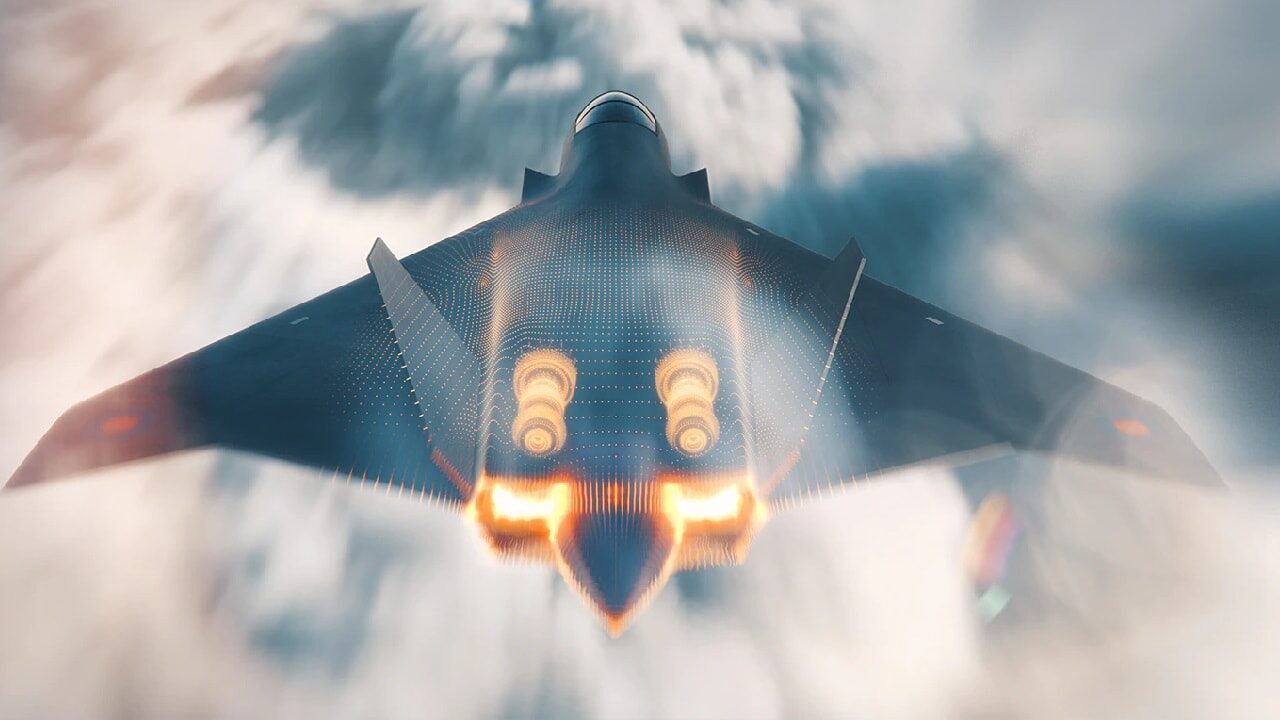After months of speculation, the British-led Team Tempest officially has a new partner – as Japan announced last week that it will join the British-Italian sixth-generation fighter program. It wasn’t exactly an earth-shattering announcement.
There has been speculation for months that Tokyo would join the international joint effort, merging its F-X fighter program with Tempest – which had also been known as the Future Combat Air System (FCAS).
However, perhaps due to confusion with the Franco-German-Spanish program also known as FCAS, it was further announced that this British-Italian-Japanese endeavor would have the moniker Global Combat Air Programme (GCAP). It also highlights the close government, military, and industrial links between the nations and reinforces the UK’s international commitment to future air combat.
The program will build on the substantial progress already made in the UK by BAE Systems, Leonardo UK, MBDA UK, Rolls-Royce, and the UK Ministry of Defence who have been working in partnership since 2018 as Team Tempest to research, evaluate, and develop a host of next-generation future combat air systems capabilities.
“The security of the United Kingdom, both today and for future generations, will always be of paramount importance to this government,” said UK Prime Minister Rishi Sunak. “That’s why we need to stay at the cutting-edge of advancements in defence technology – outpacing and out-maneuvering those who seek to do us harm.”
Japan Picks the UK
While Tokyo will still be partnering with the United States for other military projects, it has been seen as notable that Japan is going all in with the UK.
“This alliance shows the commitments of major nations to developing sixth-generation aircraft. For Japan, this is a significant move away from its historical reliance on US aircraft. The decision to work with the UK and Italy over the US is a major win for the GCAP program,” explained William Davies, aerospace analyst at international analytics firm Global Data via an email.
“The GCAP will provide a commercial rival to the U.S.’s Next Generation Air Dominance (NGAD) program and the European FCAS program,” said Davies. “Its potential use by a variety of nations will provide a sharing of cost, however, its price tag is likely to be high, and countries involved will have to make tough decisions about defense spending.”
Japan could offer a significant boost to the program, due to the increased industrial capacity, but it could also increase the available budget.
“Extra cash is much needed, given the overall program costs of next-generation aircraft,” said Davies. “The U.S. Air Force requested $1.7 billion for NGAD research and development in 2023, and through to 2027, the total expected cost is $11.7 billion. These high costs are also reflected in the Tempest and FCAS programs, which are estimated to cost $2.38 billion until 2025 (Tempest) and $103.4 billion for total development (FCAS).”
However, Davies added that he doubted that Japan will be the last country added to the GCAP program, as the more partners the program collects, the greater the cost-saving measures. Sweden has been mulling joining the program, but it was in August that Saab’s President and CEO Micael Johansson stated that Stockholm’s participation was effectively on hiatus.
Given the costs and potential market, Sweden could still change course and join the effort – just as Spain joined the Franco-German FCAS.
“The (GCAP) program will allow partner nations to make design choices to meet specific needs, and also create jobs and commercial opportunities in their respective countries,” added Davies. “The program will also involve equal partnerships between domestic companies, including BAE Systems in the UK, Leonardo in Italy, and Mitsubishi Heavy Industries in Japan. This will bolster domestic industries and provide global partnerships, rather than the solely European alliances that were formed under the previous Tempest program.”
MORE: Donald Trump Is Destroying Himself
MORE: Mach 3 SR-71 Spy Plane Beat 4,000 Missiles
MORE: B-21 Raider Stealth Bomber – Built for a China War?
MORE: Will Putin Start World War III Over Ukraine?
A Senior Editor for 1945, Peter Suciu is a Michigan-based writer. He has contributed to more than four dozen magazines, newspapers, and websites with over 3,000 published pieces over a twenty-year career in journalism. He regularly writes about military hardware, firearms history, cybersecurity, and international affairs. Peter is also a Contributing Writer for Forbes and Clearance Jobs. You can follow him on Twitter: @PeterSuciu.

